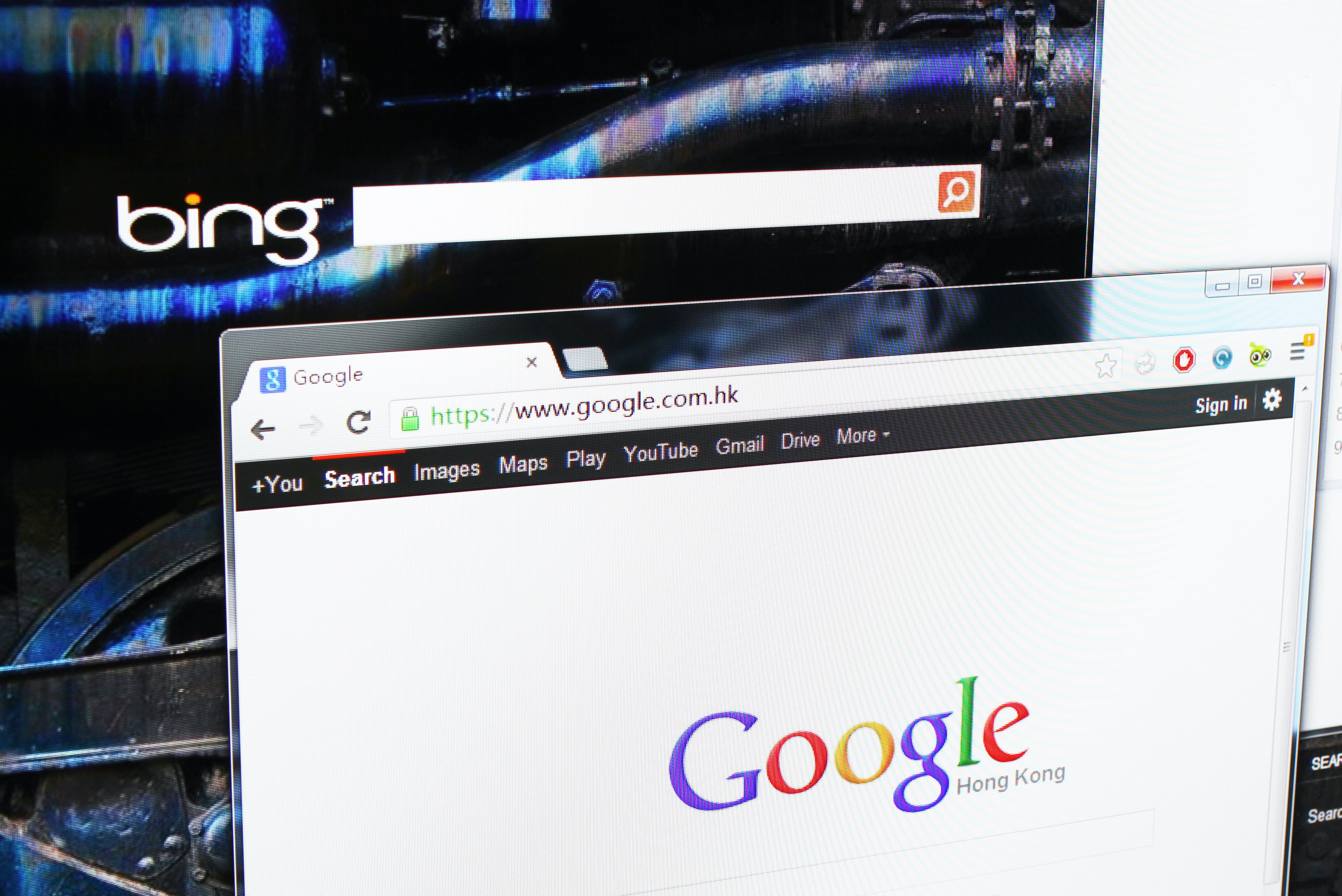Internet giants threatened with enormous fines for online child safety breaches
Regulator Ofcom to be given powers to impose fine of up to 10% of turnover

Your support helps us to tell the story
From reproductive rights to climate change to Big Tech, The Independent is on the ground when the story is developing. Whether it's investigating the financials of Elon Musk's pro-Trump PAC or producing our latest documentary, 'The A Word', which shines a light on the American women fighting for reproductive rights, we know how important it is to parse out the facts from the messaging.
At such a critical moment in US history, we need reporters on the ground. Your donation allows us to keep sending journalists to speak to both sides of the story.
The Independent is trusted by Americans across the entire political spectrum. And unlike many other quality news outlets, we choose not to lock Americans out of our reporting and analysis with paywalls. We believe quality journalism should be available to everyone, paid for by those who can afford it.
Your support makes all the difference.Internet giants will be put under a “duty of care” to protect children online, with a massive fine of as much as 10 per cent of global turnover, under proposals in the Queen’s Speech.
An Online Safety Bill, to be published in draft form over the coming year, will require companies to tackle illegal content on their services and to protect children from harmful content and activity online.
Watchdog Ofcom will be designated the independent online safety regulator with a suite of “robust” enforcement powers, including fines of up to £18m or 10 per cent of annual turnover, whichever is the greater, as well as “business disruption measures”.
Ministers said the move would make the UK “the safest place in the world to be online… whilst protecting freedom of expression” and ensure there is “no safe space for criminal content and activity online”.
Under the terms of the draft bill, major internet platforms like Facebook, Google, Instagram and TikTok will have to set out clearly in their terms and conditions what legal content is unacceptable on their platform and enforce these consistently and transparently. Platforms will be required to have “effective and accessible” user reporting and redress mechanisms to report concerns about harmful content and challenge infringement of rights.
But the chief executie of the NSPCC, Sir Peter Wanless, said: “Government has the opportunity to deliver a transformative Online Safety Bill if they choose to make it work for children and families, not just what’s palatable to tech firms.
“The ambition to achieve safety by design is the right one. But this landmark piece of legislation risks falling short if Oliver Dowden does not tackle the complexities of online abuse and fails to learn the lessons from other regulated sectors.
“Successful regulation requires the powers and tools necessary to achieve the rhetoric. Unless government stands firm on their promise to put child safety front and centre of the Bill, children will continue to be exposed to harm and sexual abuse in their everyday lives which could have been avoided.”
Government sources said that internet users were now spending an average of more than four hours a day online, but three-quarters of adults have expressed concern about material they may encounter.
The proportion of parents feel the benefits of being online outweigh the risks for their children has fallen from 65 to 55 per cent since 2015.
In a month-long period during 2020, the Internet Watch Foundation and its partners blocked at least 8.8 million attempts by UK internet users to access videos and images of children suffering sexual abuse.
During lockdown, research by YouGov shows that 47 per cent of children and teens have seen content they would rather avoid, leaving them feeling uncomfortable (29 per cent), scared (23 per cent), and confused (19 per cent).
One in seven (13 per cent) were exposed to harmful content on a daily basis.
There were more than 69 million images and videos related to child sexual exploitation and abuse referred by US technology companies to the National Center for Missing and Exploited Children in 2019, an increase of more than 50 per cent on the previous year.
Join our commenting forum
Join thought-provoking conversations, follow other Independent readers and see their replies
Comments